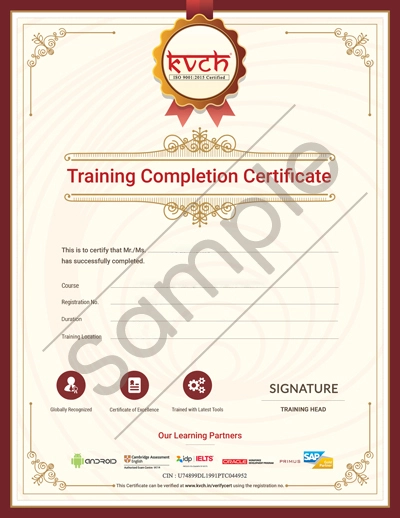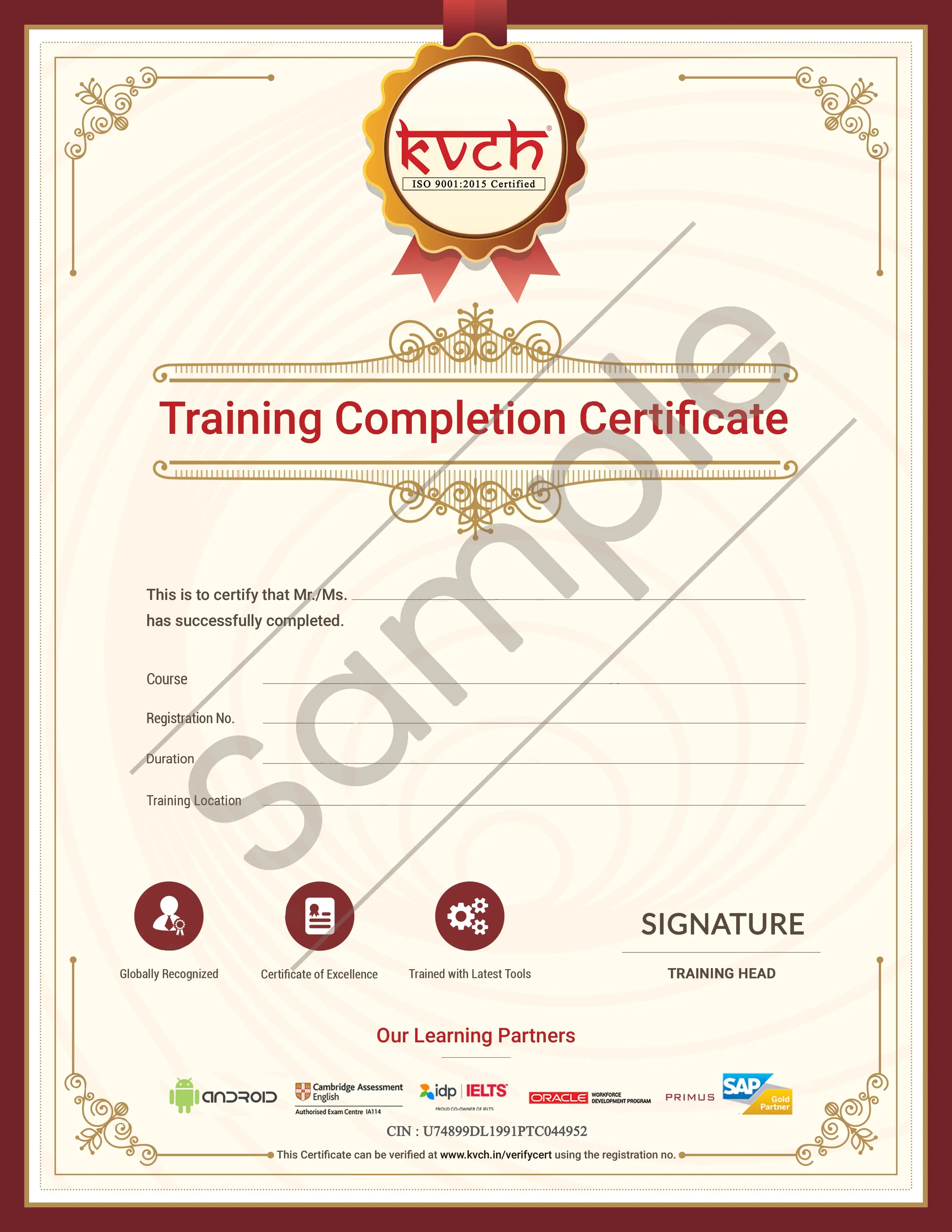Software Testing Course Overview
The Software Testing Course is designed to equip learners with a comprehensive understanding of testing methodologies, tools, and best practices used in the software development lifecycle. This course covers both manual and automated testing techniques, enabling students to ensure the quality, performance, and reliability of software applications.
Key areas include test case design, defect tracking, functional and non-functional testing, as well as working with automation tools like Selenium. Students will also gain hands-on experience in real-world projects, preparing them for roles such as Quality Assurance (QA) Engineers or Software Testers.
In addition to covering fundamental testing concepts, the Software Testing Course delves into advanced topics such as performance testing, security testing, and mobile application testing. Students will learn how to create effective test plans, execute tests efficiently, and report defects with clarity and precision.
The course also introduces agile testing practices, aligning with modern software development methodologies like Scrum and DevOps. In this course, learners will discover how to use Continuous Integration/Continuous Deployment (CI/CD) pipelines to automate testing.
This helps speed up release cycles while maintaining high quality. By the end of the course, students will have the skills to identify and fix software issues proactively, leading to better software products.
The course also focuses on teamwork and communication, which are essential for software testers who collaborate with developers, project managers, and other stakeholders. By the end of the course, learners will have a well-rounded skill set that includes both technical and soft skills, making them highly competitive in the job market.
Software Testing Course Curriculum
- Introduction to software testing
- Understand different testing types– unit, integration, system, sanity, smoke, interface, regression, acceptance
- Define functional and non-functional testing
- Overview of Software Development Life Cycle
- UI vs API testing
- Manual vs Automation testing
- Overview of writing test cases for UI and API
- Identifying test conditions and designing test cases
- Categories of test design tech
- STLC and test design scenarios
- Test case writing process
- Test data generation, positive, negative test cases, BVT (boundary values)
- Test sheet generation
- Test case management--> Google Drive, Jira
- Test execution manually on UI, API and through automation on UI, API
- Identifying test conditions and designing test cases
- Categories of test design tech
- STLC and test design scenarios
- Test case writing process
- Test data generation, positive, negative test cases, BVT (boundary values)
- Test sheet generation
- Test case management--> Google Drive, Jira
- Test execution manually on UI, API and through automation on UI, API
- Introduction to DevOps
- Continuous Development using Git
- The concepts, and vocabulary of DevOps CI/CD
- The purpose and benefits of CI/CD in DevOps
- Tools involved in creating CI/CD pipeline (Git, Jenkins)
- Building jobs using Jenkins, test management, and results analysis
- JMeter for Performance Testing
- Bug reporting using Jira
- Bundling of bugs
- Overview of different test environments
- Why test environments are important










.webp)
.webp)
.webp)
.webp)
.webp)
.webp)
.webp)
.webp)
.webp)
.webp)
.webp)
.webp)
.webp)
.webp)
.webp)
.webp)
.webp)
.webp)
.webp)
.webp)
.webp)
.webp)






























